
Groundwork With Our Horses: Why We Do It
Safe and smart groundwork can help build the foundation for a confident, well-behaved horse.

Safe and smart groundwork can help build the foundation for a confident, well-behaved horse.

Why do researchers spend time studying basic equine behavior questions when the answers seems so obvious? An horse behavior researcher weighs in.

Before you take the plunge, learn what to be wary of as well as what to expect when choosing an ex-racehorse.
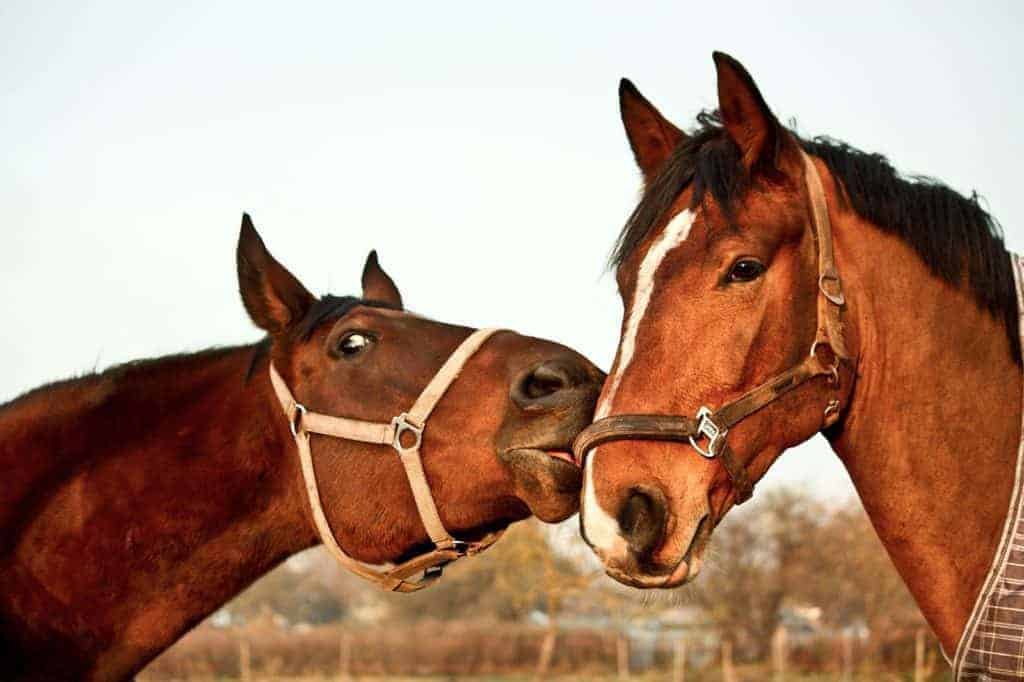
How can I make my horse a less attractive target for his pasturemate, who likes to tug at halters and fly masks?

Do retired, well-schooled horses really make good beginners’ horses?

Dr. Camie Heleski describes learning theory to help horse people and vets more safely and humanely interact with horses.
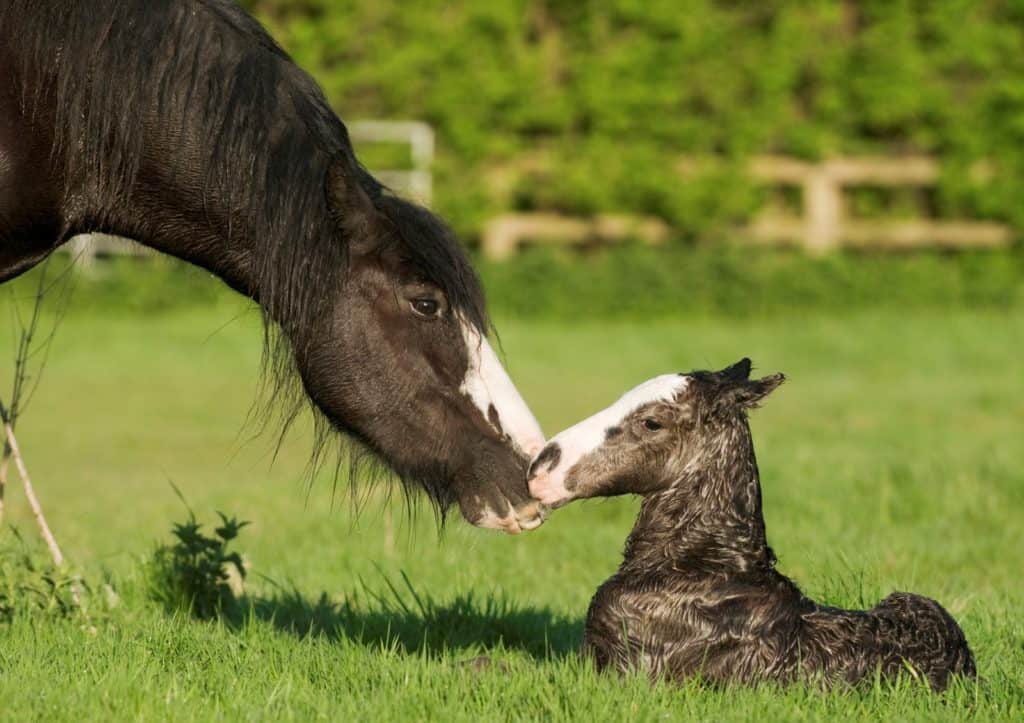
Why would a mare prefer to foal in a field versus in a foaling stall or in the barn?

Find out how to construct safe, aesthetic, and eco-friendly confinement areas on your horse property.

Take steps to manage your horse’s weight and behavior while he’s cooped up.

A senior mare gets grumpy when other horses walk by her in the barn. Our equine behaviorist looks at possible reasons why and how her owner can fix her aggressive behavior.
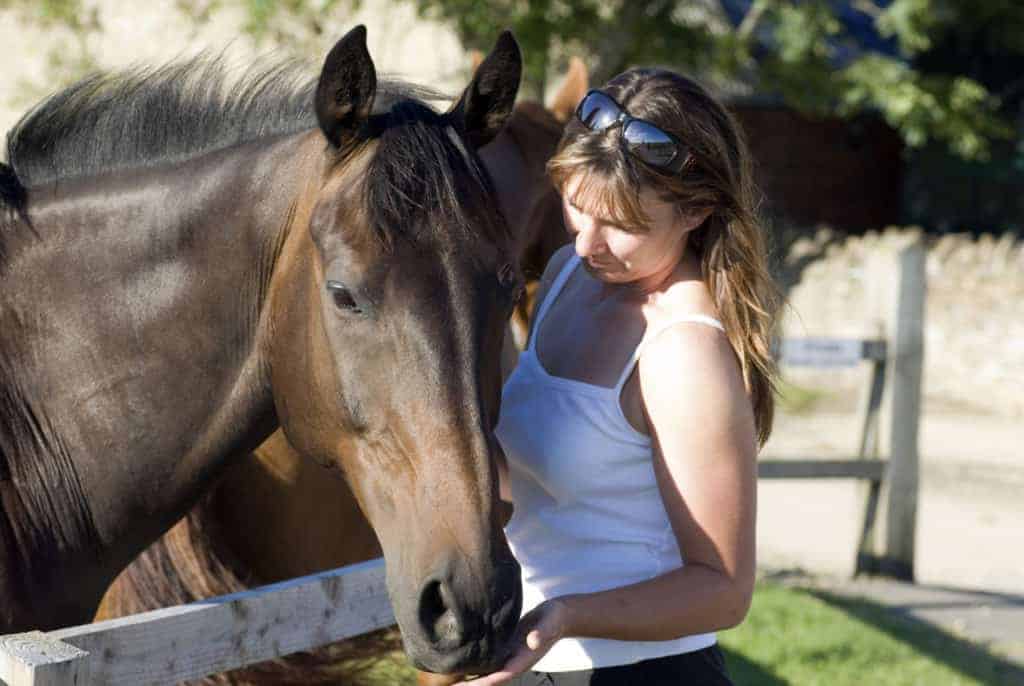
The event will take place Sept. 21 at the Lanceri di Montebello military academy, where equine welfare pioneer Captain Federico Caprilli worked in the 1800s.
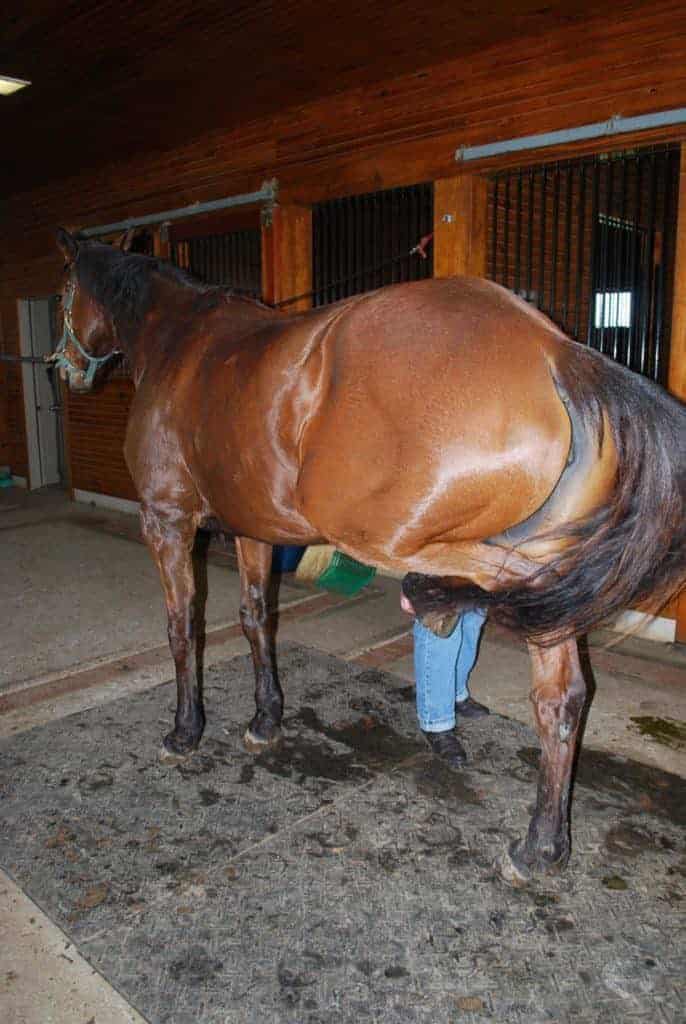
How does a veterinary behaviorist know for sure something is or is not a psychological problem?

A study shows that “ulcerated” horses didn’t seem to look or act significantly different from healthy horses.

Does your herd leader get too much to eat while the low man doesn’t get enough? Here’s our expert’s advice.
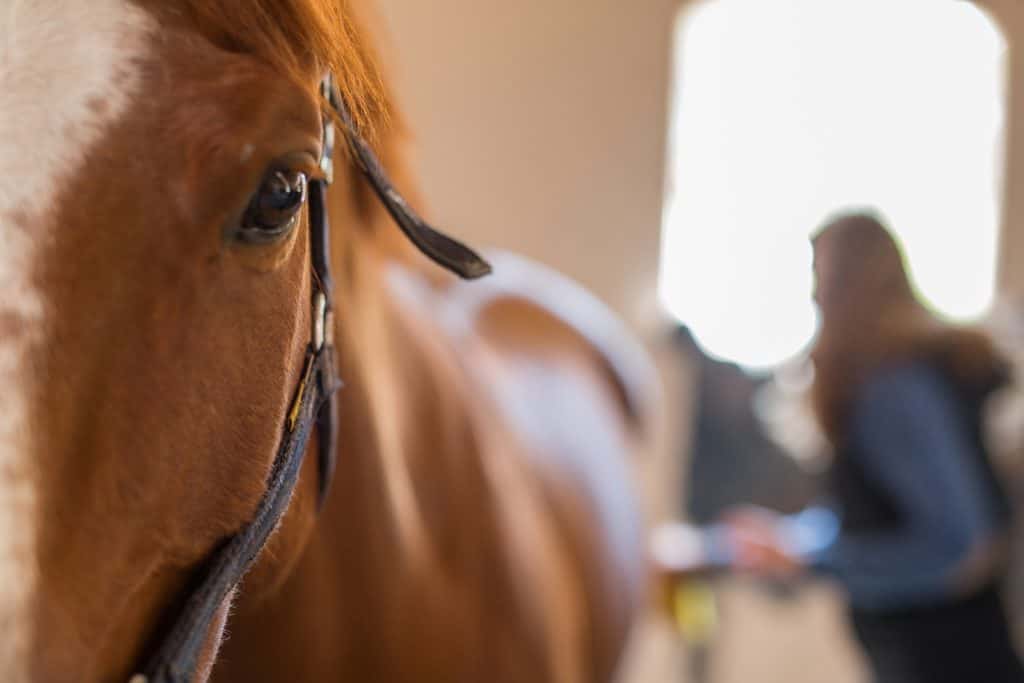
Researchers determined that, even in a short time span, a horse can associate a place with positive or negative experiences and consequently present different emotions when he returns to that place.
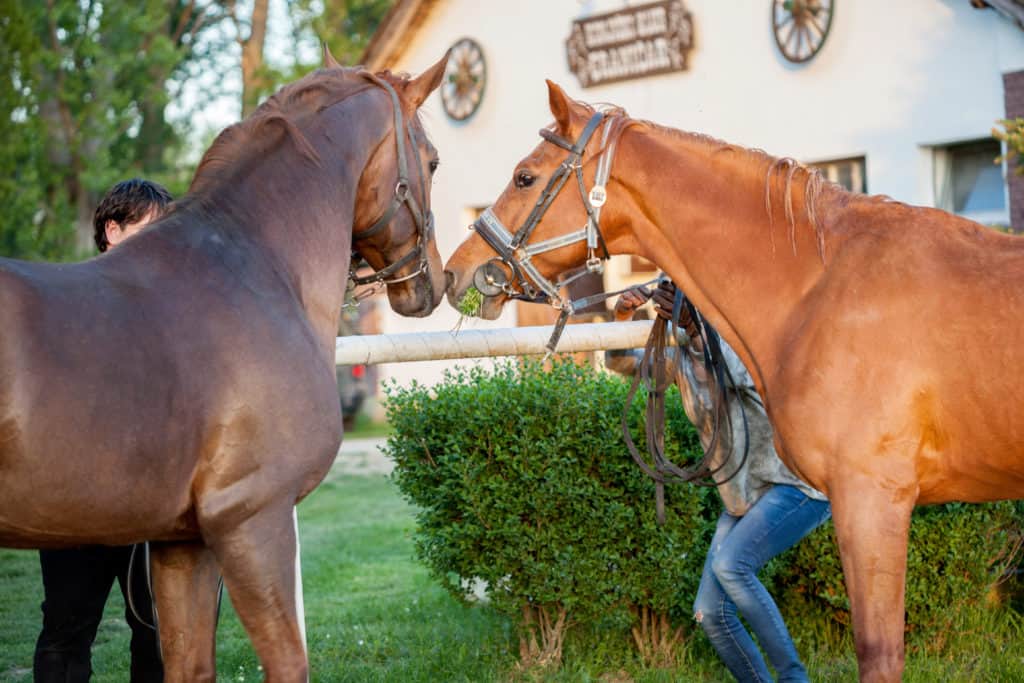
The answer might surprise you.
Stay on top of the most recent Horse Health news with
"*" indicates required fields